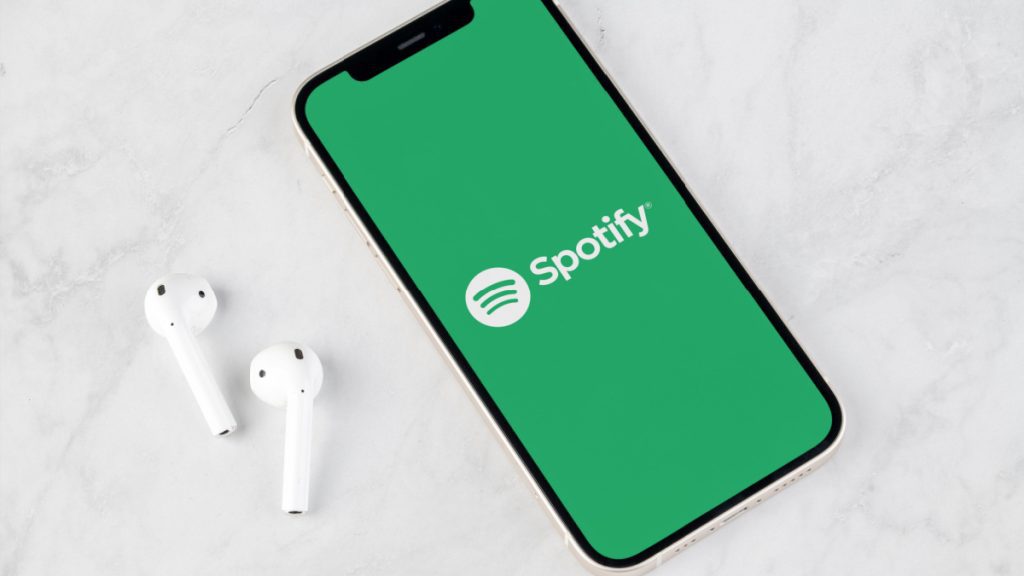
Longtime subscribers who previously subscribed to Spotify Premium through Apple’s in-app purchase system will no longer be able to use this payment method, as in-app purchases are not allowed anymore.
- This decision marks a significant development in the ongoing battle between Spotify and Apple.
- Users will be automatically switched to Spotify’s Free, ad-supported tier at the end of their current billing cycle.
- Since Spotify stopped allowing sign-ups through the App Store years ago, the impact of this change is expected to be minimal for most customers.
On July 5th, Spotify made the decision to no longer support payments made through Apple’s App Store, affecting a small group of subscribers who have been using the platform to pay for Spotify Premium. The move comes as Spotify aims to avoid Apple’s fees and provide a more streamlined payment experience for its users, as in-app purchases are not allowed anymore.
This decision marks a significant shift in the ongoing battle between the two giants. Spotify has been notifying affected subscribers about the upcoming change, offering instructions on how to continue their Premium subscription.
Until now, the digital music streaming platform allowed users who had previously subscribed through Apple’s in-app purchase system to continue paying that way, despite discontinuing the option for new subscribers in 2016. However, due to Apple’s practice of taking a 30% cut of in-app purchases, Spotify users who opted for this payment method were charged an additional $3 per month compared to those who subscribed directly through Spotify. Although Apple reduced its commission rate to 15 percent for subscriptions after the first year, the extra cost remained a concern for many Spotify users.
In an email to affected subscribers, Spotify explained, “We’re contacting you because when you joined Spotify Premium you used Apple’s billing service to subscribe. Unfortunately, we no longer accept that billing method as a form of payment.”
As a result, users will be automatically switched to Spotify’s Free, ad-supported tier at the end of their current billing cycle, as in-app purchases are not allowed anymore. If users wish to maintain their Premium subscription, they will need to resubscribe after the transition to the Free account is complete, using alternative payment methods such as credit cards or PayPal.
Spotify representative stated that the company has “recently began notifying a small number of users that a legacy payment method, that their Premium account is attached to, is being deprecated. Users notified by email will automatically move to a Free account from their next billing cycle. Users will then have the option to upgrade to a Premium account by logging into their account at Spotify.com.”
While the streaming platform’s decision to discontinue Apple’s in-app purchase system is specific to the App Store, it raises questions about the larger issue of app store fees. Both Apple and Google have faced scrutiny for charging fees on their respective platforms. Google introduced a pilot program called User Choice Billing (UCB) that allowed third-party billing systems on Android, starting with Spotify. The extent of UCB’s adoption compared to Google’s standard in-app purchase system remains unclear. In contrast, Apple has not announced any plans to allow third-party app stores or billing methods on iOS.
Given that Spotify has not allowed sign-ups through the App Store for several years, the impact of this change is expected to be minimal for most Spotify customers. Spotify’s move aligns with its efforts to improve its payment infrastructure and reduce the additional costs associated with using Apple’s in-app purchase system. Users are encouraged to visit Spotify’s website to manage their subscriptions and explore alternative payment options to continue enjoying the Premium experience.
Inside Telecom provides you with an extensive list of content covering all aspects of the tech industry. Keep an eye on our Tech sections to stay informed and up-to-date with our daily articles.